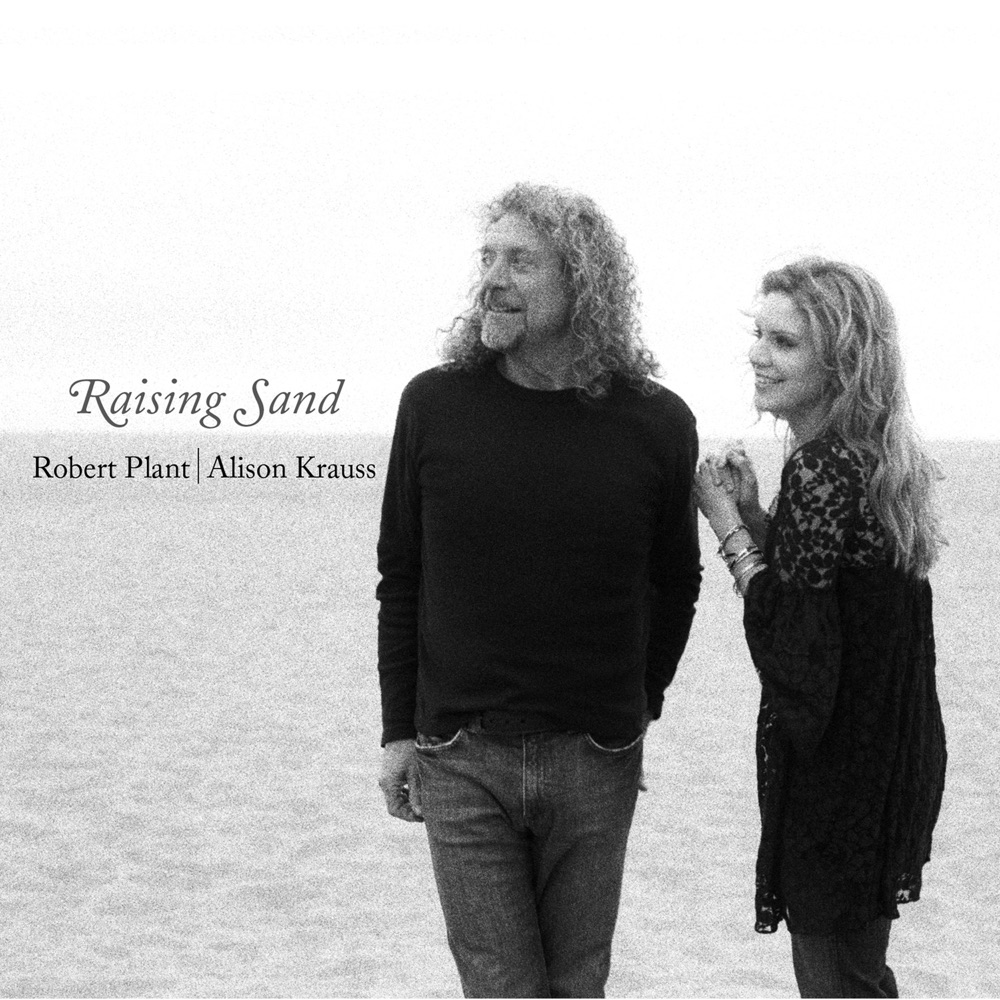
About Alison Krauss
With her silky vocals, warm personality, and estimable skills as a fiddler, Alison Krauss helped bring bluegrass to a new audience with music that stayed true to the roots of the style while adding appeal for country and pop audiences. Blending bluegrass with folk and country accents, Krauss was instantly acclaimed from the start of her career, but it wasn't until her platinum-selling 1995 compilation Now That I've Found You that she became a mainstream star. Between her 1987 debut Too Late to Cry and Now That I've Found You, she matured from a child prodigy to a versatile, ambitious, and diverse musician and, in the process, made some of the freshest bluegrass of the late '80s and early '90s. Later, with her appearance on the soundtrack to the film O Brother, Where Art Thou? and a collaborative project with Robert Plant, Krauss won the recognition of the mainstream pop audience without compromising her musical ideals along the way.
When she was five years old, Krauss began playing the violin, taking classical lessons. She soon tired of the regimen of classical playing and began performing country and bluegrass licks. At the age of eight, she began entering talent contests in and around her native Champaign, IL. Two years later, she had her own band. In 1983, when she was 12 years old, she won the Illinois State Fiddle Championship and the Society for the Preservation of Bluegrass in America named her the Most Promising Fiddler in the Midwest. In 1985, Krauss made her recording debut on an album, playing on a record made by her brother Viktor, Jim Hoiles, and Bruce Weiss. The album was called Different Strokes and appeared on the independent Fiddle Tunes label. Later that year, she signed to Rounder Records. She was 14 years old at the time.
Too Late to Cry, Krauss' debut album, appeared in 1987 to very positive reviews. The album was recorded with Krauss' backup band, the Union Station, which featured guitarist Jeff White, banjoist Alison Brown, and bassist Viktor Krauss; the following year, the group won the Society for the Preservation of Bluegrass in America's National Band Championship contest. In 1989, Krauss and Union Station released Two Highways, which was nominated for the Grammy Award for Best Bluegrass Recording. Although the album didn't win the award, her next album, 1990's I've Got That Old Feeling, did. The success of I've Got That Old Feeling was unprecedented for bluegrass acts in the '80s and it laid the groundwork for Krauss' breakthrough in the '90s. By this time, Union Station's lineup had more or less settled. It now featured mandolinist Adam Steffey, banjoist/guitarist Ron Block, bassist Barry Bales, and guitarist Tim Stafford; Stafford later left the group and was replaced by Dan Tyminski.
Albums list:
Alison Krauss - A Hundred Miles or More - A Collection
Alison Krauss - Forget About It
Alison Krauss - I've Got That Old Feeling
Alison Krauss - Now That I've Found You A Collection
Alison Krauss - The Essential Alison Krauss (Bonus Track Version)
Alison Krauss - Too Late to Cry
Alison Krauss - Windy City (Deluxe) (Mastered)
Alison Krauss & Union Station - Every Time You Say Goodbye
Alison Krauss & Union Station - Lonely Runs Both Ways
Alison Krauss & Union Station - Paper Airplane
Alison Krauss & Union Station - So Long So Wrong
Alison Krauss & Union Station - Two Highways
Robert Plant & Alison Krauss - Raising Sand
https://itunes.apple.com/us/artist/alison-krauss/id170878
页:
[1]
2